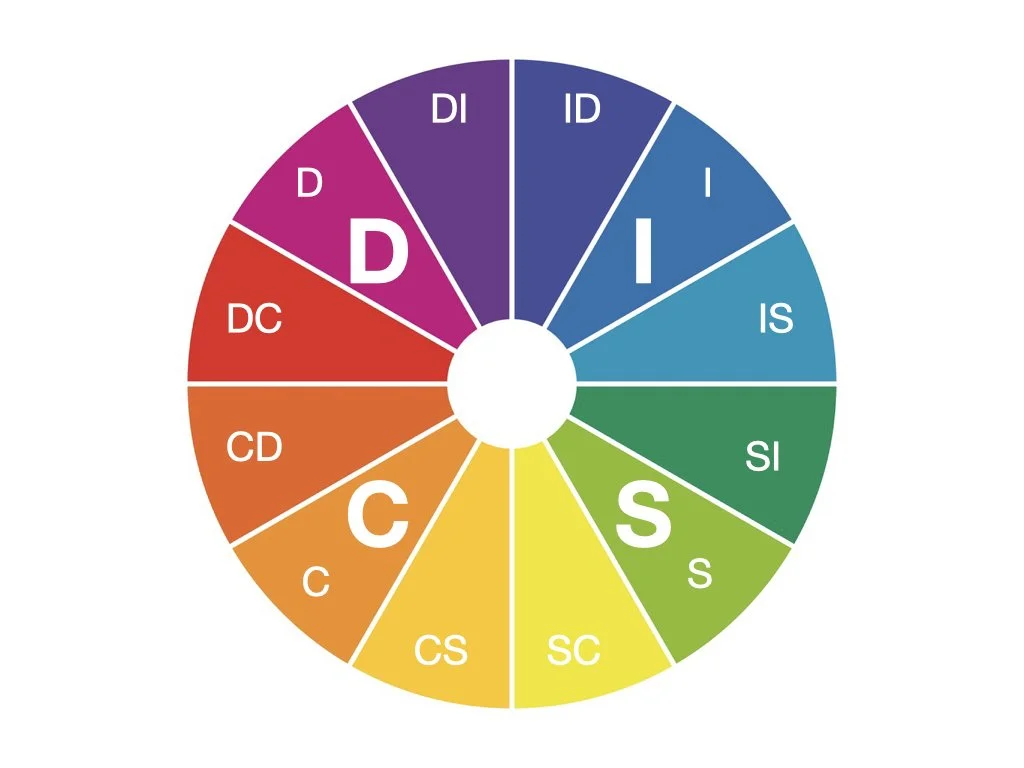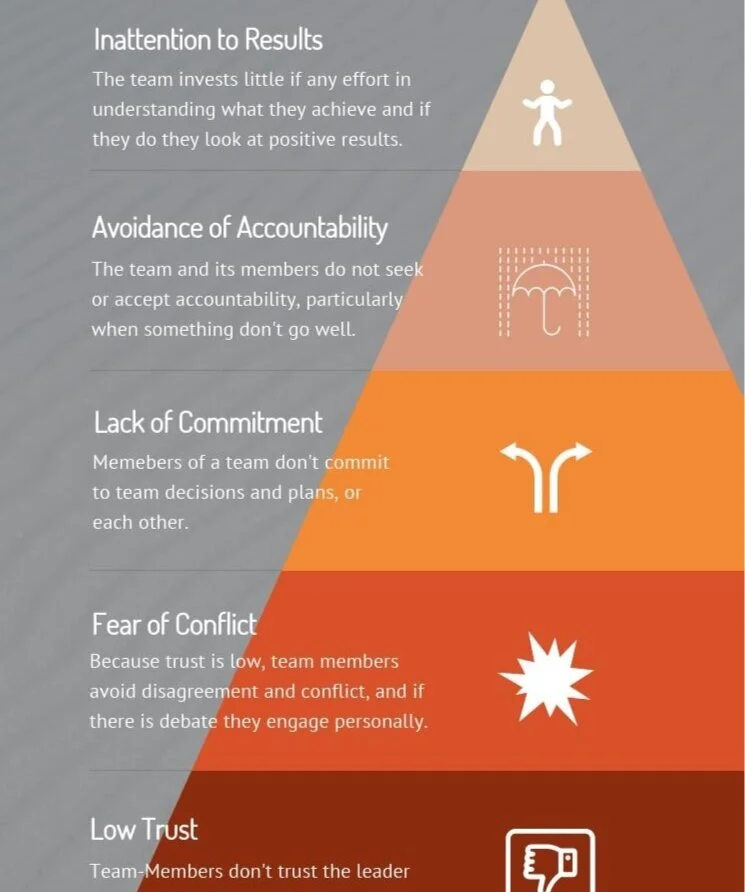DISC Personality Test: DISC Assessment & Profile
DISC is an organisational development tool. The core concept of DISC assessment is to profile people's natural behaviour. Scientifically validated, DISC personality testing provides a profile that identifies a person's DISC type which helps individuals and teams improve communication and collaborate more effectively.
What is DISC?
DISC is a personality test that focuses on behavioural tendencies. It's used in many organisations around the world to help millions of people become more effective in their work and to help teams become better at working together.
How Does DISC Help Personal Development?
DISC is a powerful growth tool for individuals. Based on how they like to work, when a person does the self-assessment they get a DISC personality profile that identifies and explains their DISC type.
Their report increases their self-awareness and includes suggestions that make it easy for them to understand how they can be more effective at work by understanding their natural or preferred working style and then considering the ways their assessment results suggest they could be even more effective.
How Does DISC Help Teams?
When members of a team take DISC assessments they each get a DISC profile.
DISC helps a team to work better together by providing insights about how each team-member works and highlighting the similarities and differences between team-mates.
The outcome is better collaboration, communication and productivity. When members of high-performing teams understand how each other likes to work they are more effective at collaborating with and influencing others in the team. To do this, DISC helps them to take an adaptive approach to working together - to use DISC to help them know how to best connect with each other. When a team embrace this approach it becomes a lasting behaviour, lifting their performance.
Team building looks to build relationships in a team. When DISC is used, teams go beyond relationship building to real development. Team dynamics become more visible and able to be improved. DISC is particularly powerful when an organisation is looking to assemble teams.
A team DISC Map uses the DISC framework of four types and 12 styles to clearly show each team-members member of the team in relation to one another.
How Does DISC Work?
Based on research by psychologist William Moulton Marston, the DISC model is a behavioural assessment tool that uses DISC factors to categorise individuals personality traits into four primary personality types: Dominance, Influence, Steadiness, and Conscientiousness.
When a person completes a DISC test their behavioural style is identified in a DISC report. Each style represents distinct behavioural traits and communication styles - their preferences and tendencies at work.
Dominance individuals are assertive and results-oriented, while Influencers are social and persuasive. Steadiness types value harmony and consistency, and Conscientiousness individuals are analytical and detail-oriented.
The model helps individuals understand their own behaviours and those of others, fostering better communication and teamwork. By identifying these traits, organisations can enhance employee interactions, improve productivity, and create a more cohesive work environment, ultimately leading to better overall performance.
Another way the DISC personality model works is the common language it provides. In a team, or across and organisation, when people use the same words to identify and describe things the ideas and actions those words represent are adopted more quickly and effectively.
Archetype uses the world-leading Everything DISC platform. Over 50 million people around the world have taken this test, which is also the leading DISC tool in New Zealand.
DISC Workshops
A DISC workshop is an engaging 2-3 hour group workshop that ensures participants understand DISC theory and the practical framework. They quickly understand DISC, their own working style and their colleague’s working styles.
DISC workshops can be unperson or online.
The result is a practical understanding of how to work with other people more effectively and how to reach higher performance as a team.
More About DISC Personality Types
DISC Personality Types
There a four basic DISC Styles. Each style has a set of core behavioural tendencies that are summarised by the priorities identified around the DISC circle. For example, someone with an “S” style would have the priorities of relationships, sincerity and dependability.
The 12 DISC Personality Types
In each basic style there are three sub-styles that show when a person combines two of the basic styles. For example, a “CD” style adds some D tendencies to their C style.
Individual DISC Assessment
An individual DISC personality assessment guides a person to better understand how they can be more personally effective and how they could work more effectively with others. In includes helpful suggestions about what they may do a little differently to be more effective at work.
DISC Team Reports
A DISC team report draws on the individual reports for each team-member to provide customised insights and recommendations on how that team tends to work and how it could become even more effective.















Four proven, real world behaviours that will lift your team’s functionality and performance.